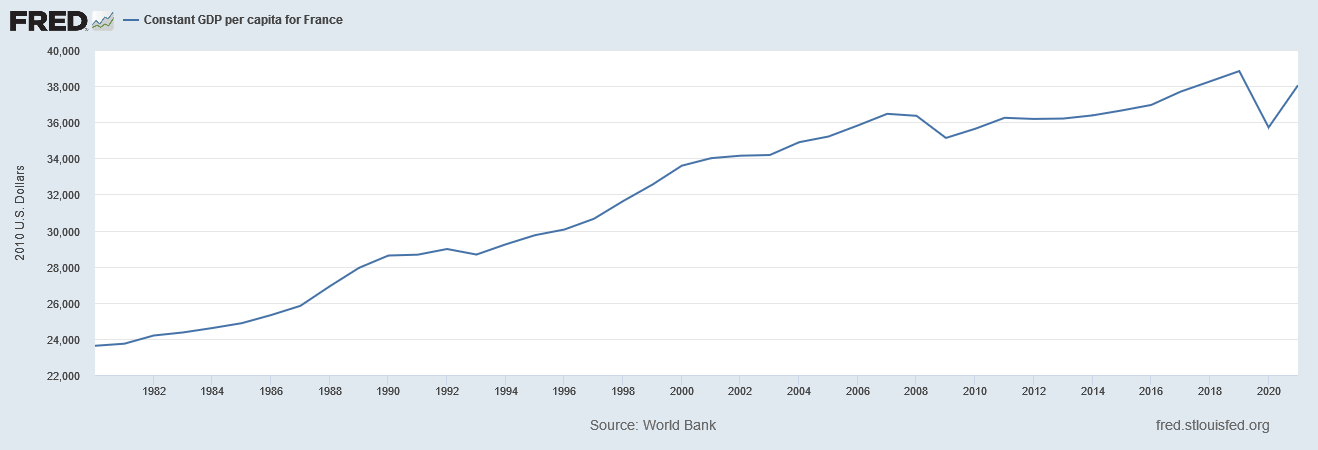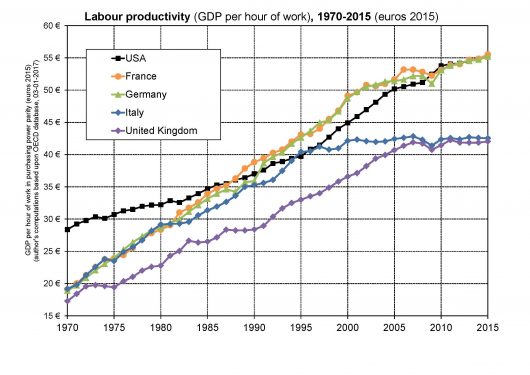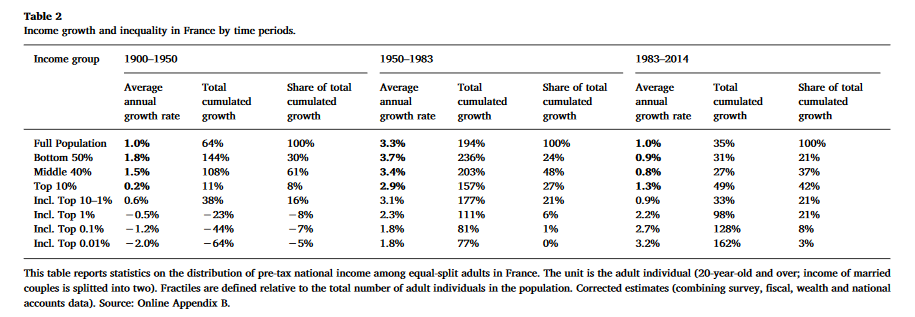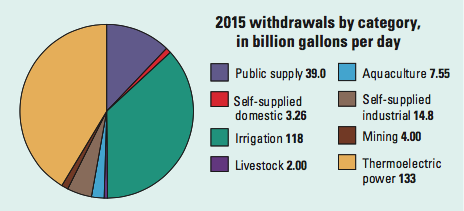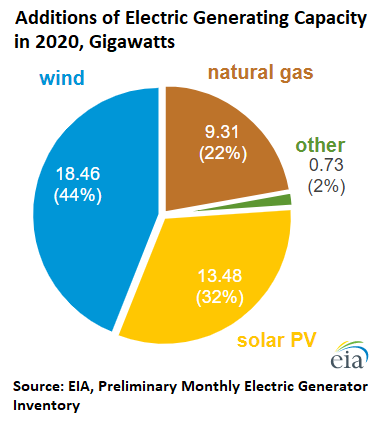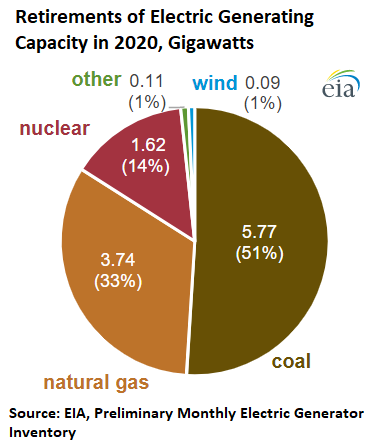I woke up last night feeling like I was suffocating, because in my dream I was. It began in a church, or an old university lecture hall. Antique. And everyone in attendance was being asked to say little prayers honoring Jesus. Everyone was reciting little prayers that are common among the devout. But when it was my turn, I stood and exclaimed: Jesus was a philosopher who taught that love is the only thing that really matters, and the rich and powerful executed him for it. Then I sat. The crowd was stunned at first, the headmasters, or priests, physically taken aback. But a small smattering of applause began to ripple through the room in agreement. The ripple turned to a roar echoing through the antique hall.
Suddenly, a giant man cloaked in black moved from the corner of my vision and was standing before me. His robe parted at one point to reveal a cloven foot and a boar’s head as he pulled back his hood.The room went silent. Looking down on me, still seated, he bent toward me and slowly said “What … did you say”? I stood to confront him and was overwhelmed by the stinging scent coming from this giant. I found I couldn’t talk, or breath. I gasped and gasped and ran out the room for a drink of water, angry that I’d been silenced. A drinking fountain hung on the wall outside the door and as soon as the water hit my lips, I woke.
I was gasping and coughing.
Composing myself, I turned out the light and sought sleep again but my mind would not stop trying to interpret what was probably the most powerfully vivid dream of my life. I tossed and turned thereafter and could not go back to sleep. I resolved interpreting the dream as my subconscious telling me evil was trying to take my voice. Knowing I’d still be unable to sleep, I sought to free my voice. So I began to write what became, this:
God is not some nebulous deity sitting a throne in the sky looking down upon us in judgment. God is an idea. An idea that exists within us all, but we’re too scared to confront in open self contemplation. So we content ourselves stories. Abstract stories, that can only loosely define the boundaries of our spirit. The trouble is, stories are open to different interpretations and can be corrupted from the original intent.
Take the story of Jesus. Many christians today like to talk about what christianity tells us we should, and should not do. But they seem loathe to actually talk about Jesus. Jesus scares them. He scares them because he was a revolutionary. A revolutionary whose gospel taught that love, is revolutionary. The idea was so powerful that the rich and powerful executed him for it. He was a threat to their coveted and established order. The real Jesus is a threat to christianity’s coveted and established order. Thus, they fear him much like the romans, and the jews feared him. But instead of physical execution, today, the principle thrust of his ideas are crucified.
God, as taught by Jesus was an idea. That idea was love. The idea was communicated to the masses by means of story, or parable. Stories abstractly behoving us to simply practice love among one another. And that if we could do this, there’d be no more need to obey the powerful, or their rules, taxes, profits, debts, wars, and contempt for the unwashed masses. He used the word God, because ideas are so hard to hold fast in our minds. They are fleeting, and nebulous, like God.
As example, witness the story of Ten Commandments and the lessons therein, as viewed from the language of love. We may not remember every commandment, but we remember the story of Moses coming down the mountain with the tablets. But what about the ideas those tablets contained? From the jewish tradition, we’re taught they were inviolable rules that if transgressed, meant perdition. Too literal. But view them through the lens of love, and everything changes.
-
“You shall have no other God before me.”
If god is an idea, and the idea is love, then the revolutionary idea is that God is love. Thus, the translation becomes “You shall have no other idea before love.”
2. “Thou shalt not make unto thee any graven images.”
Traditionally translated, this meant don’t do idolatry. But if the idea is love, then it means that the second you try to capture love in an image, you lose it. Love is an action. Love is a verb, that disappears as soon as it’s objectified.
3. “Thou shalt not take the name of the lord thy god in vain.
In the traditional sense, we take this to mean don’t abuse the name of God. But cast in the active sense, to be vain is to act with vanity. From a gospel of love, to take the idea of love, in vain, is to be totally immersed in self-love. In a word, selfishness. Don’t do it.
4. “Remember the Sabbath day and keep it holy” Translated to the language of love means to don’t get so busy in your affairs that you forget the importance of practicing the idea that is love. Take some time and make some space in your life just to focus on the idea, that is love.
5. “Honor thy mother and father.” Translates to the symbolic embodiment of the love a mother and father hold for their children. Honoring that love means acting toward others with the gravity that love holds.
6. “Thou shalt not kill.”
Does this need explanation? Honor love in the forefront of your mind and killing another can never occur.
7. “Thou shalt not commit adultery.”
Outside the love parents feel for their children, is there any greater love than that between husband and wife, wife and husband? Adultery is nothing more than succumbing to lust, when the revolutionary idea tells us to keep love sacrosanct.
8. “Thou shalt not steal.”
Rule? Or idea of love? Love and respect are closely synonymous. Taking from another what what one has no claim, as idea, is the highest form of disrespect.
9. “Thou shall not bear false witness.”
Again, translates closely to not stealing. Disrespect for ones fellow, and more than that disrespect for oneself. We all understand the idea … those that love themselves, and others, have integrity. People with integrity travel in truth. Those without integrity travel in lies.
10. “Don’t covet.” Because, wanting what someone else has is the surest way to hate, not love. The idea is to love one another, not things. Love, again, is an action. To love a thing so much as to put it before the action of love, is self-demeaning.
The traditionally interpreted ten commandments are a prescription unifying power under a set of rules. Translated to the idea of love, they become a prescription for keeping hate from your heart. But, this translation cannot be taken literally. The lessons must be viewed as a symbolic story that points to an idea. That idea is love and love is an action.
But god is more than just love. Indeed, God, in the multitude of forms, is all of the revolutionary ideas that benefit mankind. Those ideas that hold us together, instead of tearing us apart, are in a word, our divine inheritance. Ideas that pull our minds from hate and division and discord and judgment and instead, focus our attention on quality of life among our brethren. Ideas like beauty, truth, charity, tolerance, justice.
I don’t see many of these qualities among the christian right today. I see their interpretation of the Bible as an attempt to create a jail to enclose ideas they are intolerant of. I see them using Jesus as a symbol of hate. Largely, I see them as people who walk in hate, rather than in love of people they might have some moral qualms with. But, that’s not what Jesus taught. He taught the idea of love. He taught us to live our lives in such a manner that our hearts are totally opposed to the idea of hypocrisy.
We’ve all seen this movie before, this preaching of the gospel of hate and intolerance. We’ve seen the movie where laws are passed to marginalize the weak on the basis of hateful interpretations of divine stories. Those movies don’t end well. We collectively call them nightmares, that fortunately, we’ve historically woken from by remembering that love means action. Hate means rigidity accompanying fear. We cannot fear for long before rigor mortis sets into our minds and souls. Evil will only take my voice in my sleep. I won’t let it happen while awake.

